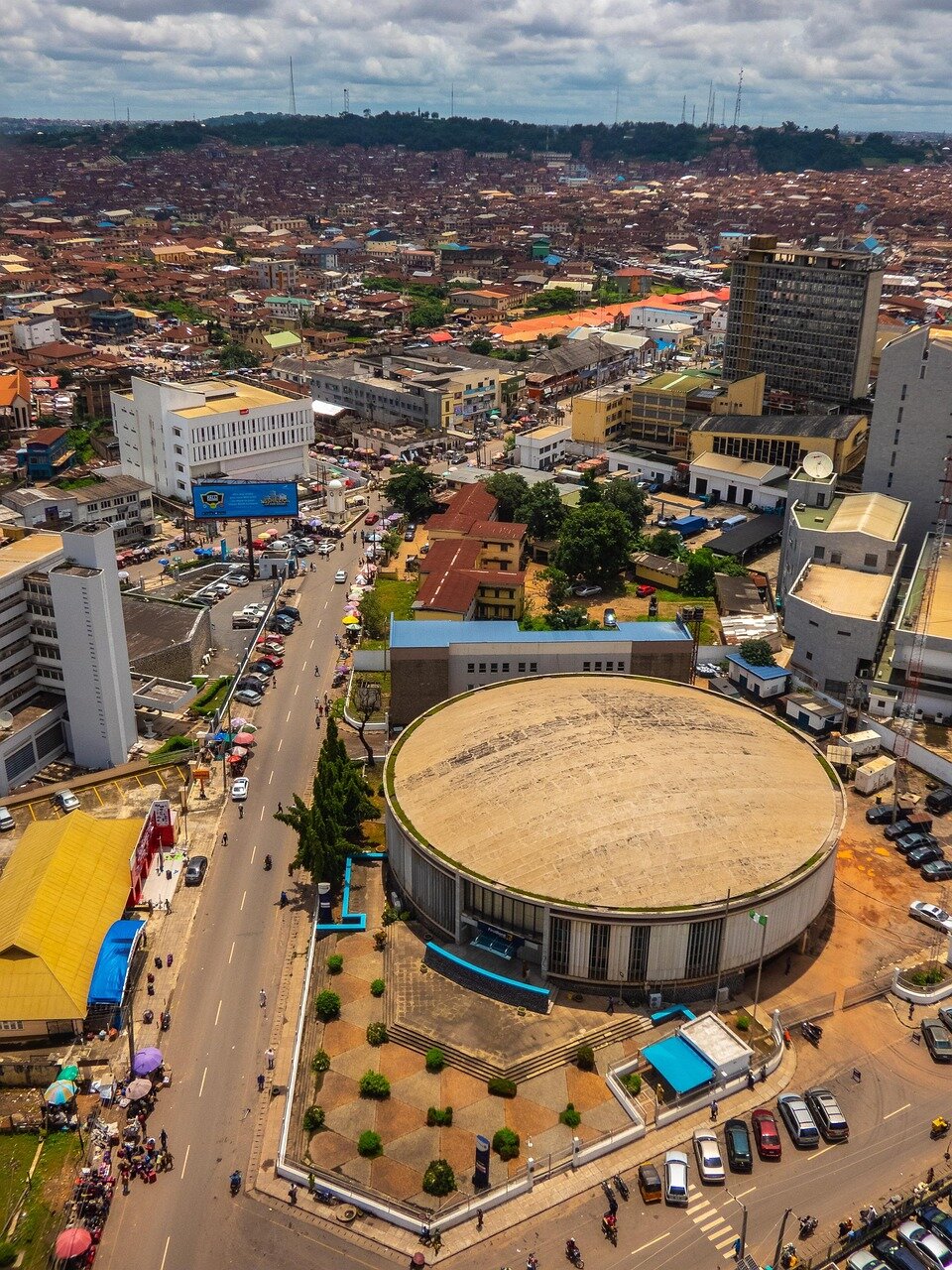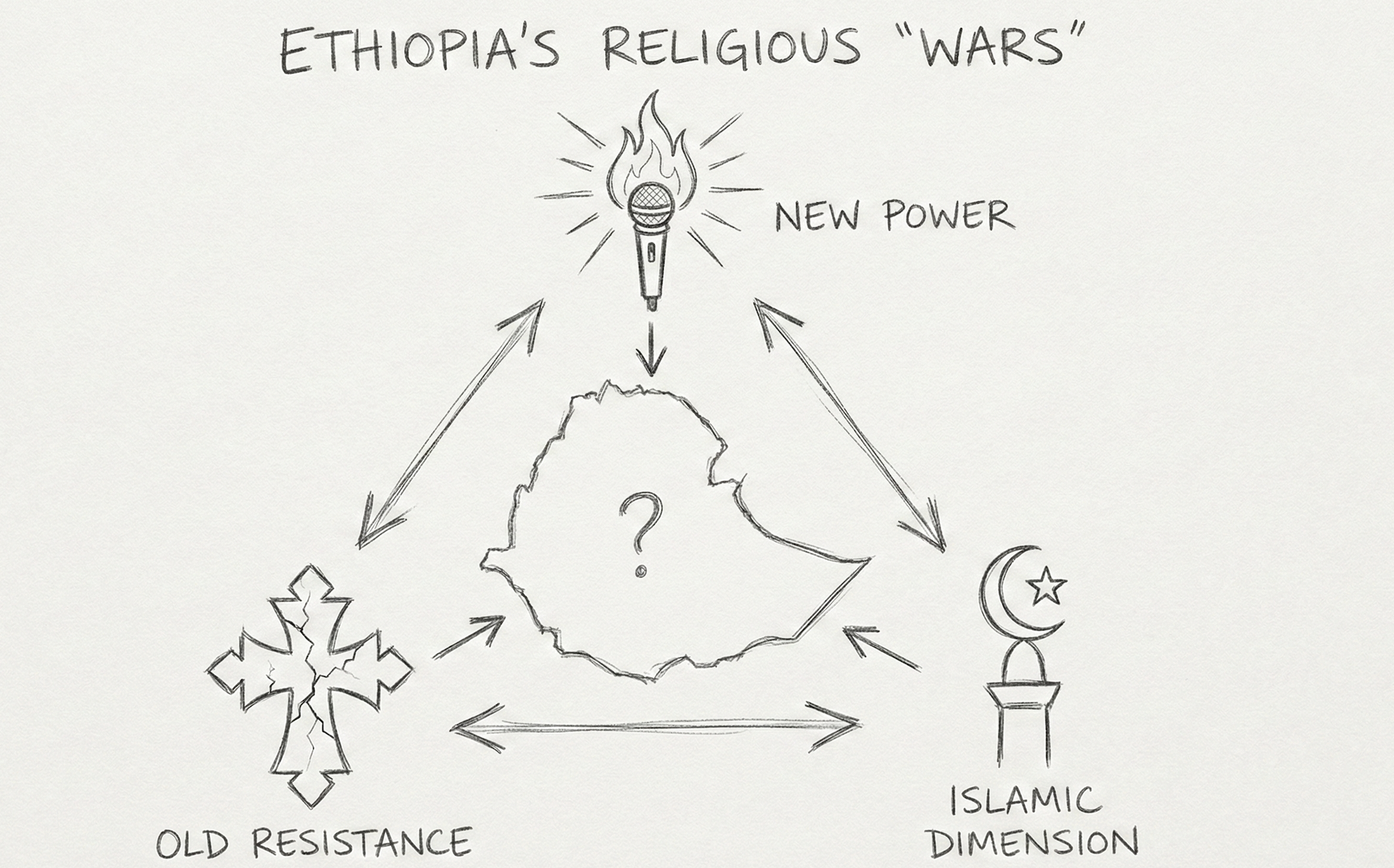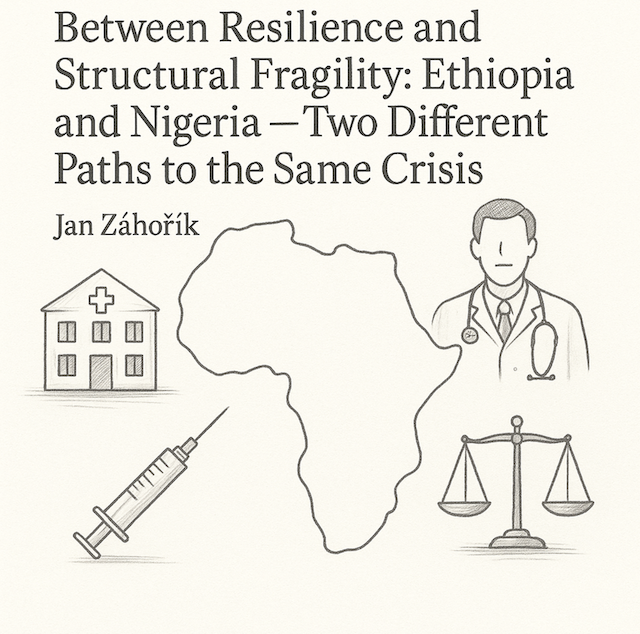December the 24th in 2003 was an exceptional day in Syria. Saturday was added as an official holiday in the week to be added to Friday, which was the week’s only day off since Syria's independence in 1964. This measure came within the series of conditions demanded by the European Union from Damascus in order to Enter into an economic partnership within the Euro-Mediterranean [1] project, i.e., the addition of the day off did not come within the framework of protecting the rights of workers, or to support family life, but the political authority at the time promoted this amendment as a blessing from President Bashar al-Assad.
19 years after that decision another sudden decision appeared by the Prime Minister of the government of the Syrian regime, Hussein Arnous [2], to suspend public agencies on December 11 and 18, 2022, and to adopt an official holiday that extends from December 25, 2022, to January the 1st 2023. However, this decision was not as a tribute from the President, or as a celebration of the feasts of Christians whose number decreased during the Bashar al-Assad era from two million to 700,000. Rather, it was due to the lack of access for employees to their workplaces, as traffic, in general, was disrupted in all of Syria due to the lack of gasoline, and the buses of workers in government companies were unable to move.
To understand the reality of gasoline in Syria, we must know that the Syrian state divided its citizens into three categories:
The poor category: This is the category that only owns 2007 and earlier cars. This category does not include doctors, engineers, lawyers, merchants, and industrialists. The state provides this category with 25 liters per month, so that the value of one liter reaches 2900 Syrian pounds “$0.48”, which means that the price of a gallon is “$1.9”.
The middle category: This group gets 25 liters per month of gasoline, at a price of 3400 Syrian pounds "$0.56", meaning that the price of a gallon is "$2.128". It includes all those excluded from the first category.
The wealthy class: This is the class that buys fuel from the black market, whose prices are always changing.
The amount of 25 liters per month is not enough for any family, which pushes all Syrians to buy gasoline from the black market, which constitutes an irreparable financial burden because the average family income does not exceed 100,000 Syrian pounds ($17), so expatriates or Syrian refugees are forced to help the rest of their families with small sums that help them continue living.
At the beginning of November 2022, the Syrian state stopped providing Syrians from the first and second categories with any amount of fuel, and suddenly the price of one liter on the black market became 15,000 Syrian pounds, "$2.5", meaning that the price of a gallon is "$9.5", and this certainly makes Syria more expensive Price in the world for gasoline.
The type of gasoline available in the Syrian market is very poor, as the (B.S) company owned by the Qaterji [3] family obtains crude oil from the Autonomous Administration of North and East Syria at a value of $25 per barrel, provided that it refines it through the Homs and Baniyas refineries with the help of a government fuel “Sadcop “ [4] company, and it is not possible to classify car fuel, Due to the lack of clarity of the amount of octane [5] in one liter, and this matter made the breakdowns of cars and government vehicles continue, and certainly this matter is beneficial to the (BS) company, which will soon rely on the policy of opening its own fuel stations, including rooms for car maintenance, so that it monopolizes this profession along with its monopoly on the sale of fuel Cars have a fixed price, which is 5,700 Syrian pounds per liter, which is approximately $3.8, which is close to the international price.
The policy of rationing car fuel is an old policy that the Syrian regime has always adopted prior to raising fuel prices. Its aim is to absorb the financial liquidity available to the middle class, and to motivate this group to seek urgent help from their relatives residing outside Syria. What distinguishes this stage is that it coincided with the holidays., which ensures that gifts from expatriates are converted into dollars that are pumped into Syrian markets that are hungry for foreign exchange.
Also, this stage represents a clear preparation for the end of government support for the first and second categories, after the beneficiaries of both categories were resentful of the deterioration of their economic and living conditions without any horizon for a solution.

[1] https://www.addustour.com/articles/379374-%D8%A7%D9%84%D8%B3%D8%A8%D8%AA-%D8%B9%D8%B7%D9%84%D8%A9-%D8%B1%D8%B3%D9%85%D9%8A%D8%A9-%D9%81%D9%8A-%D8%B3%D9%88%D8%B1%D9%8A%D8%A7-%D9%85%D9%86-%D8%A8%D8%AF%D8%A7%D9%8A%D8%A9-%D8%B4%D8%A8%D8%A7%D8%B7
[2] https://sana.sy/?p=1803354
[3] OFAC designated Muhammad Qaterji and the Qaterji Company in 2018 pursuant to E.O 13582 for facilitating fuel trade between the regime and ISIS. OFAC also designated Muhammad’s brother Hussam pursuant to E.O. 13573 and the brothers’ company, Arfada Petroleum Private Joint Stock Company, under the Caesar Act in 2020. https://www.state.gov/report-to-congress-on-the-estimated-net-worth-and-known-sources-of-income-of-syrian-president-bashar-assad-and-his-family-members-section-6507-of-the-national-defense-authorization-act-for-fiscal-year/
[4] Sadcop Fuel Company: Founded in 2008, it is the official monopoly for all fuels, whether diesel, domestic gas, gas for cars, or even coal and flammable materials.
[5] Octane: An octane rating is simply a measure of how heat resistant a fuel is in order to prevent knocking. In other words, octane doesn't enhance combustion — it prevents the air-fuel mixture inside an engine from igniting before it's supposed to. The higher a fuel's octane, the more resistant it is to knocking. https://www.cenex.com/about/cenex-information/cenexperts-blog-page/fuel-efficiency/what-octane-ratings-really-mean-for-your-car
.png)








